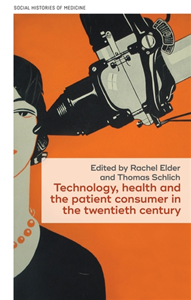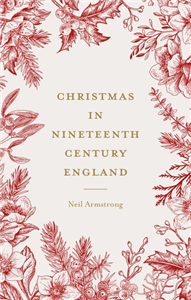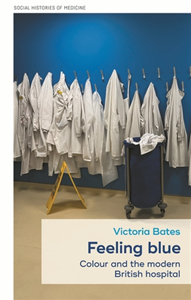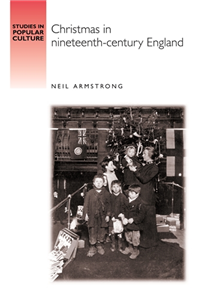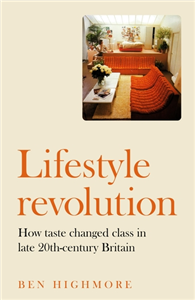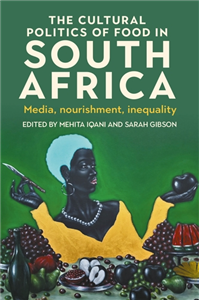Rights2 Consultants
Ruth Tellis and Clare Hodder founded Rights2 to offer a unique consultancy service, bringing their collective experience of over 35 years in Rights management to provide practical, no-nonsense solutions to real-world rights issues for publishers of all sizes. They manage rights sales on behalf of Practical Inspiration Publishing (www.practicalinspiration.com) in addition to running the Small Publisher Rights Showcase with the UK's Department for International Trade (https://rightsshowcase.wordpress.com).
View Rights Portal



